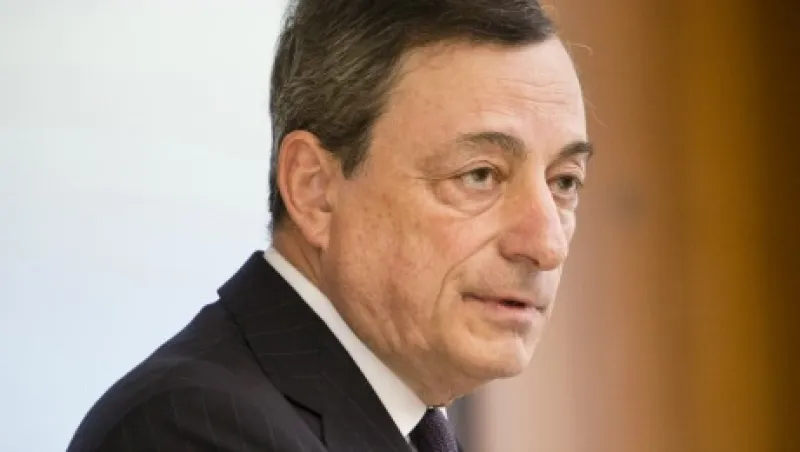
Daily Agenda: ECB Tries More Negative Medicine
The central bank cuts three benchmark rates; Nasdaq buys ISE; inflation picks up in China; Lula faces fresh charges.
Andrew Barber
March 10, 2016


